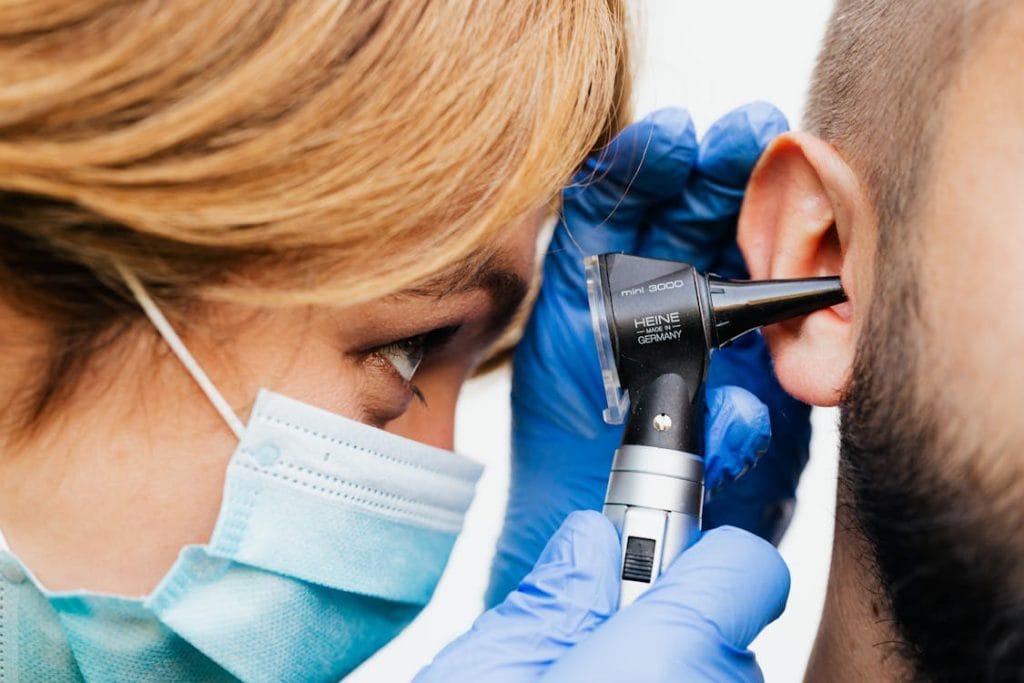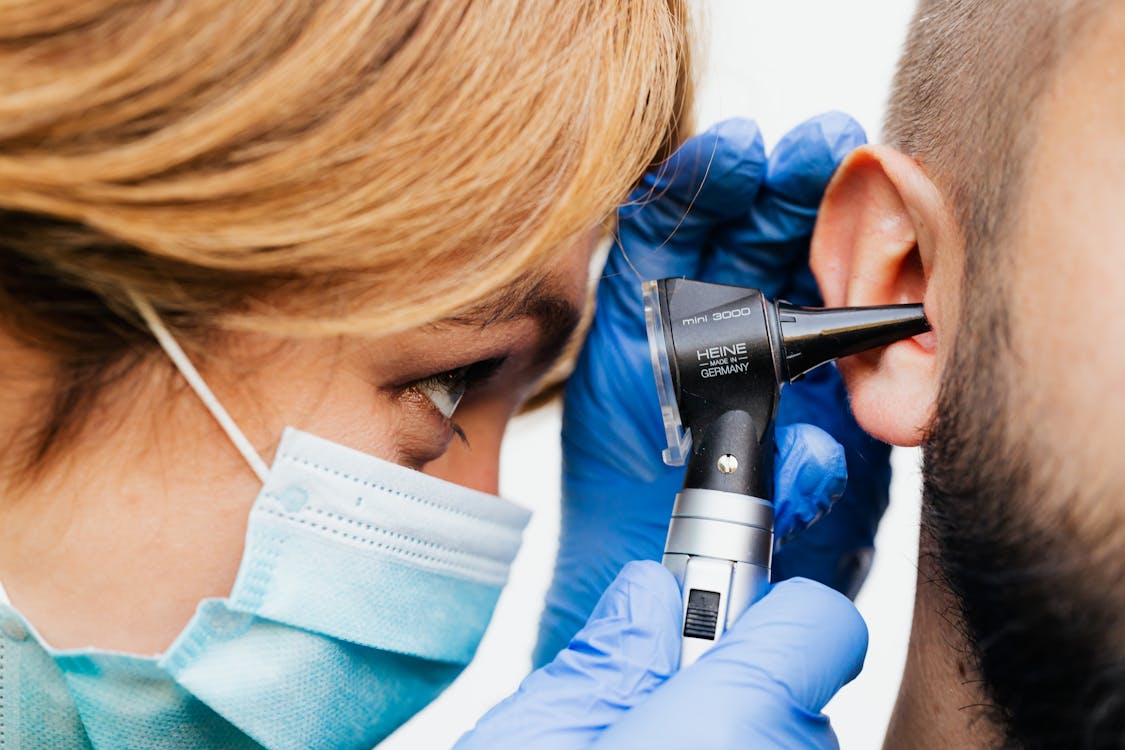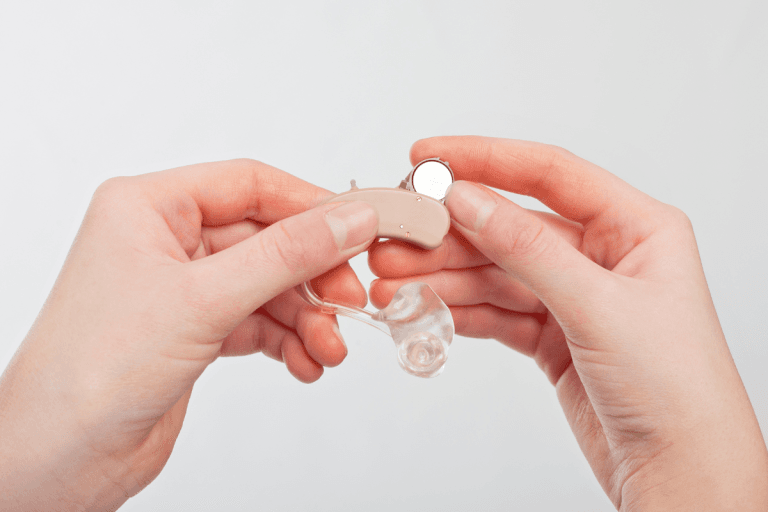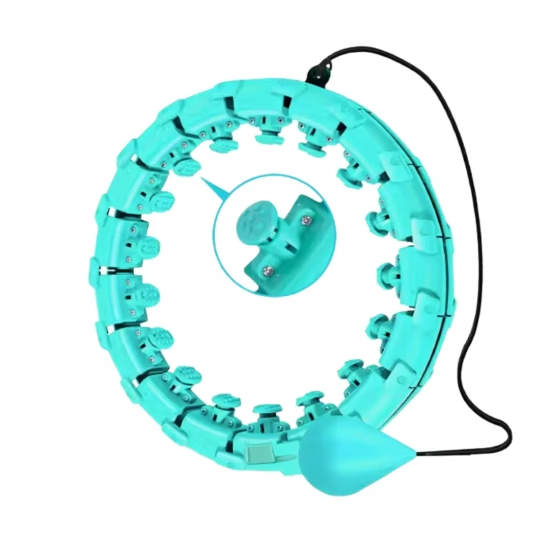The Future of Hearing: Technological Advancements in Hearing Aids and Assistive Devices
Hearing aids and assistive devices have come a long way, thanks to rapid technological advancements. Modern solutions not only amplify sound but also enhance user comfort, connectivity, and overall hearing experience. Let’s explore the latest innovations shaping the world of hearing technology.

Smarter, Smaller, Better: Modern Hearing Aids
Gone are the days of bulky, conspicuous hearing aids. Today’s devices are discreet, sleek, and packed with cutting-edge features, including:
- Digital Sound Processing: Automatically adjusts sound settings to improve clarity in various environments.
- Noise Cancellation: Reduces background noise for a more focused hearing experience in noisy settings.
- Rechargeable Batteries: Eliminates the hassle of frequently changing batteries.
- Directional Microphones: Pinpoints the source of sound for better comprehension during conversations.
Connectivity Redefined: Hearing Aids Go Smart
Modern hearing aids are seamlessly integrating with smart devices, creating a connected ecosystem for users:
- Bluetooth Compatibility: Connects to smartphones, TVs, and other devices, enabling direct audio streaming.
- App Integration: Offers personalized controls for volume, programs, and environmental settings right from your phone.
- Telehealth Support: Enables remote adjustments by audiologists, reducing the need for in-person visits.
Emerging Assistive Technologies
In addition to hearing aids, assistive devices are becoming more advanced, catering to diverse needs:
- Cochlear Implants: For individuals with severe hearing loss, these implants bypass damaged parts of the ear to deliver sound directly to the auditory nerve.
- Alerting Systems: Devices like vibrating alarms and visual indicators ensure those with hearing loss stay informed of important sounds.
- Speech-to-Text Tools: Apps and devices convert spoken words into text in real time, ideal for meetings or social settings.
The Role of Artificial Intelligence (AI)
AI is revolutionizing hearing solutions by introducing features like:
- Sound Scene Analysis: Automatically identifies and adapts to changing soundscapes.
- Voice Recognition: Prioritizes speech over background noise, enhancing communication.
- Learning Algorithms: Devices “learn” user preferences and improve performance over time.
Looking Ahead
The future of hearing technology is bright, with ongoing research focusing on even more groundbreaking advancements. From brain-computer interfaces to fully invisible hearing solutions, the possibilities are endless.
Embracing the New Era of Hearing Technology
Investing in the latest hearing aids and assistive devices can dramatically improve quality of life for individuals with hearing loss. If you’re considering upgrading or exploring your options, consult a hearing specialist to find the solution that fits your lifestyle and needs.










